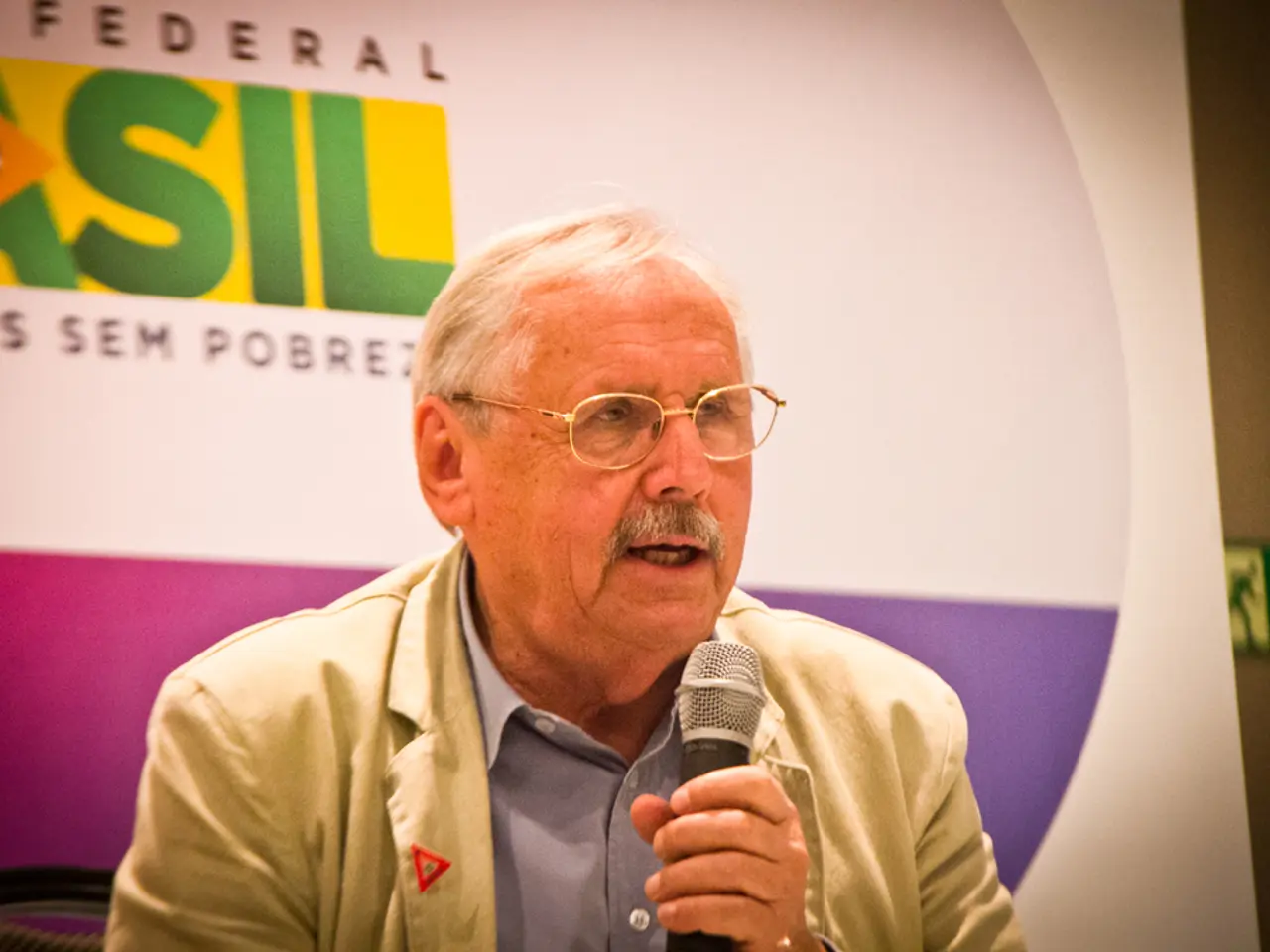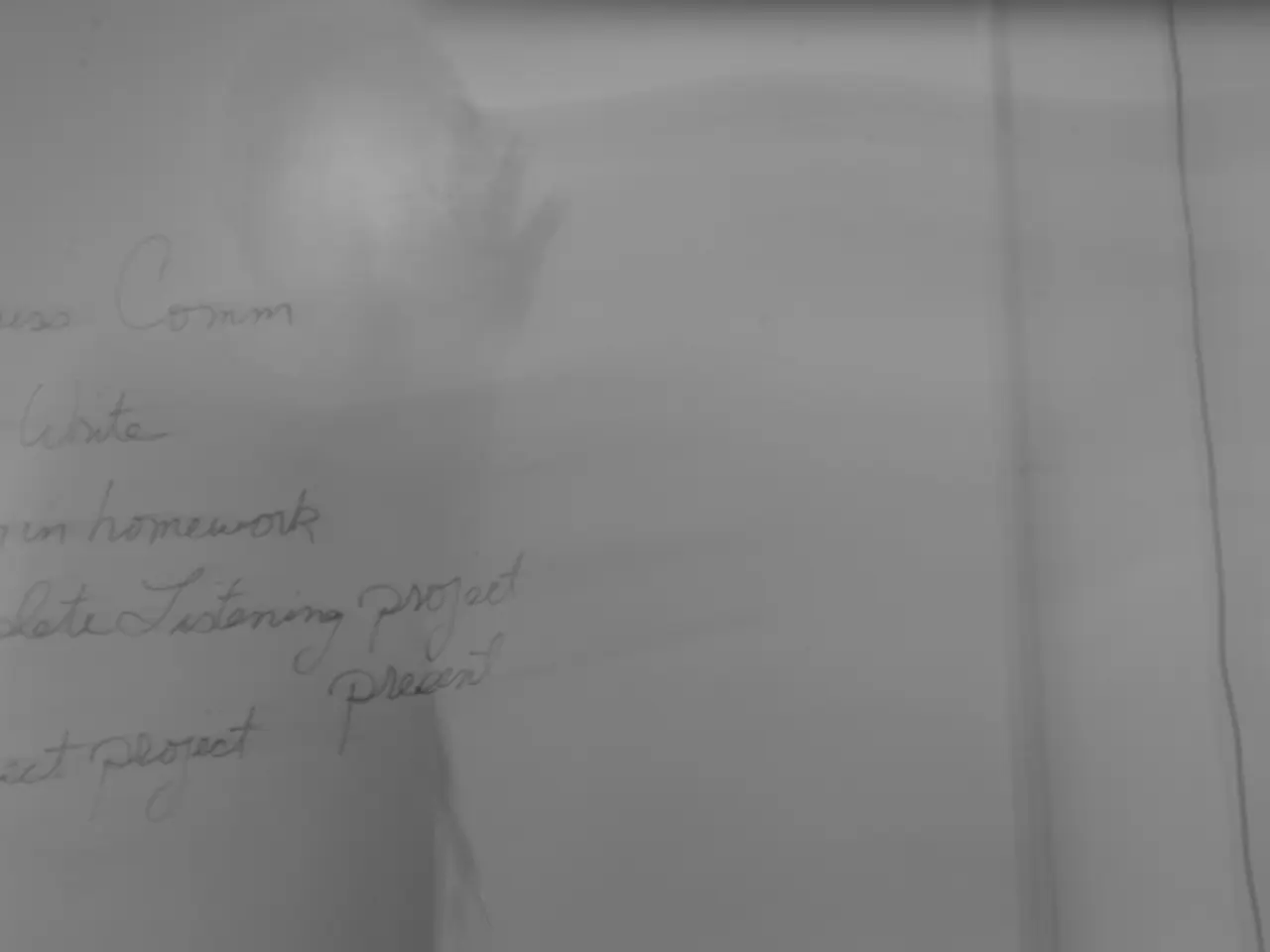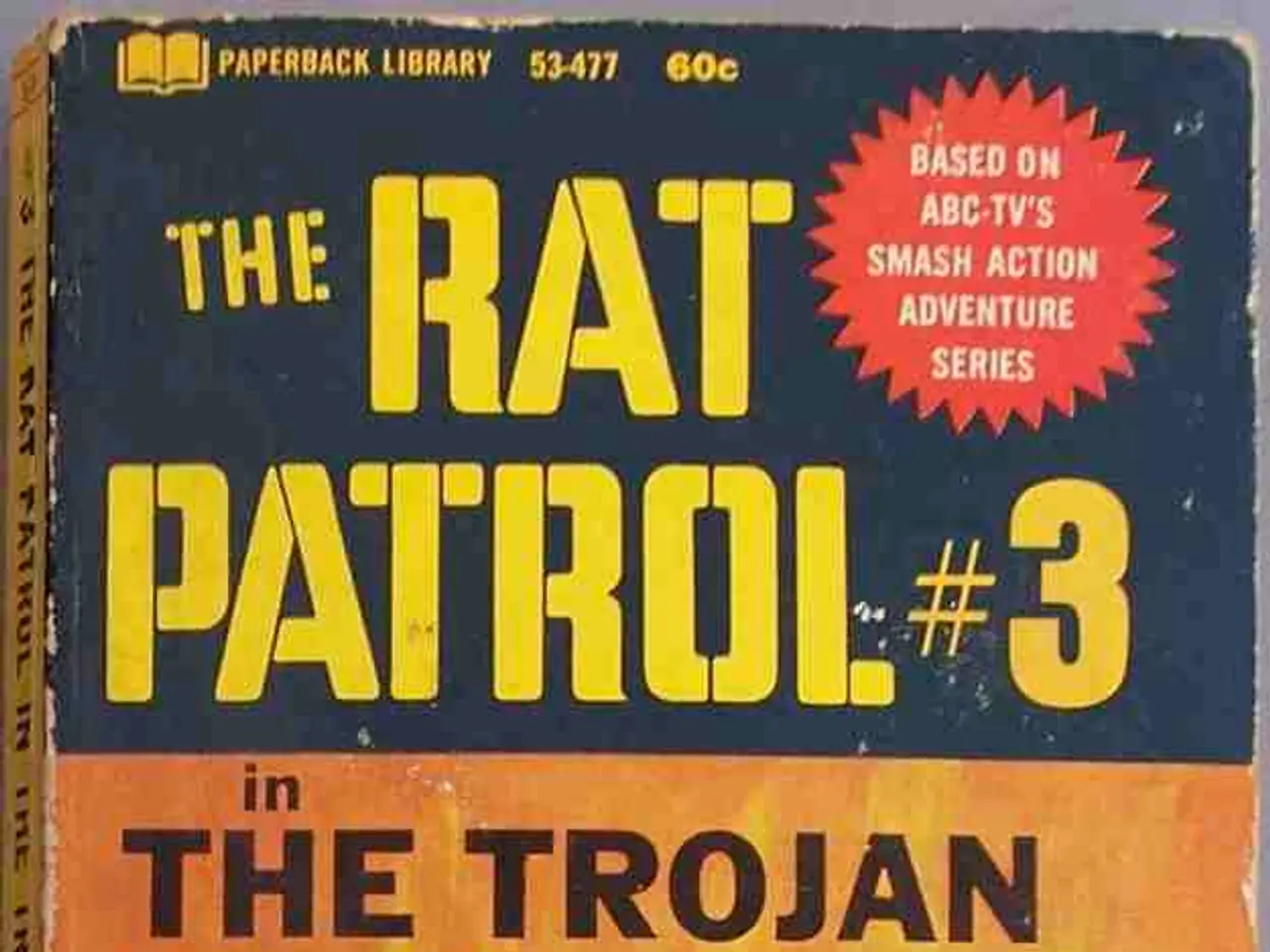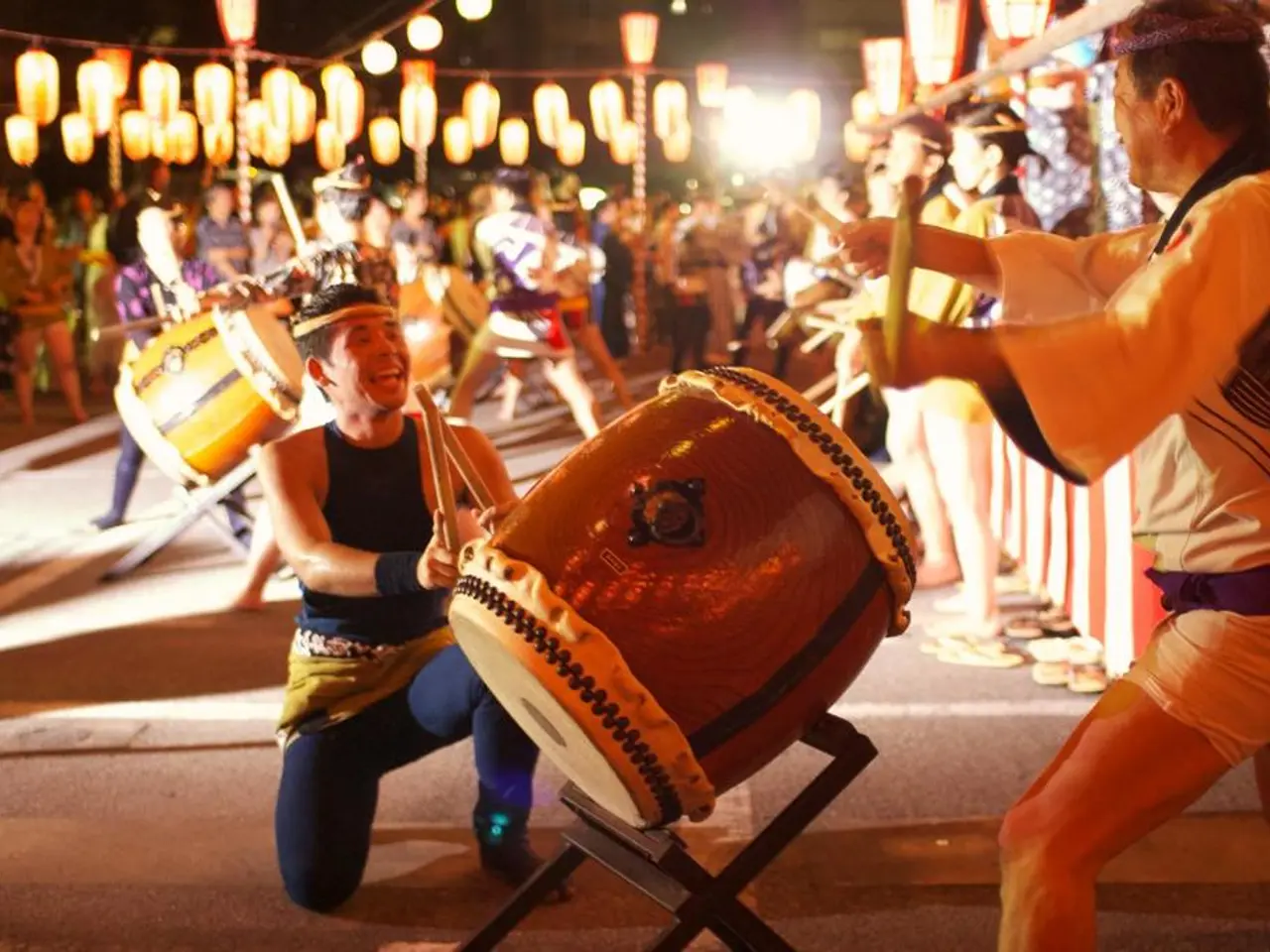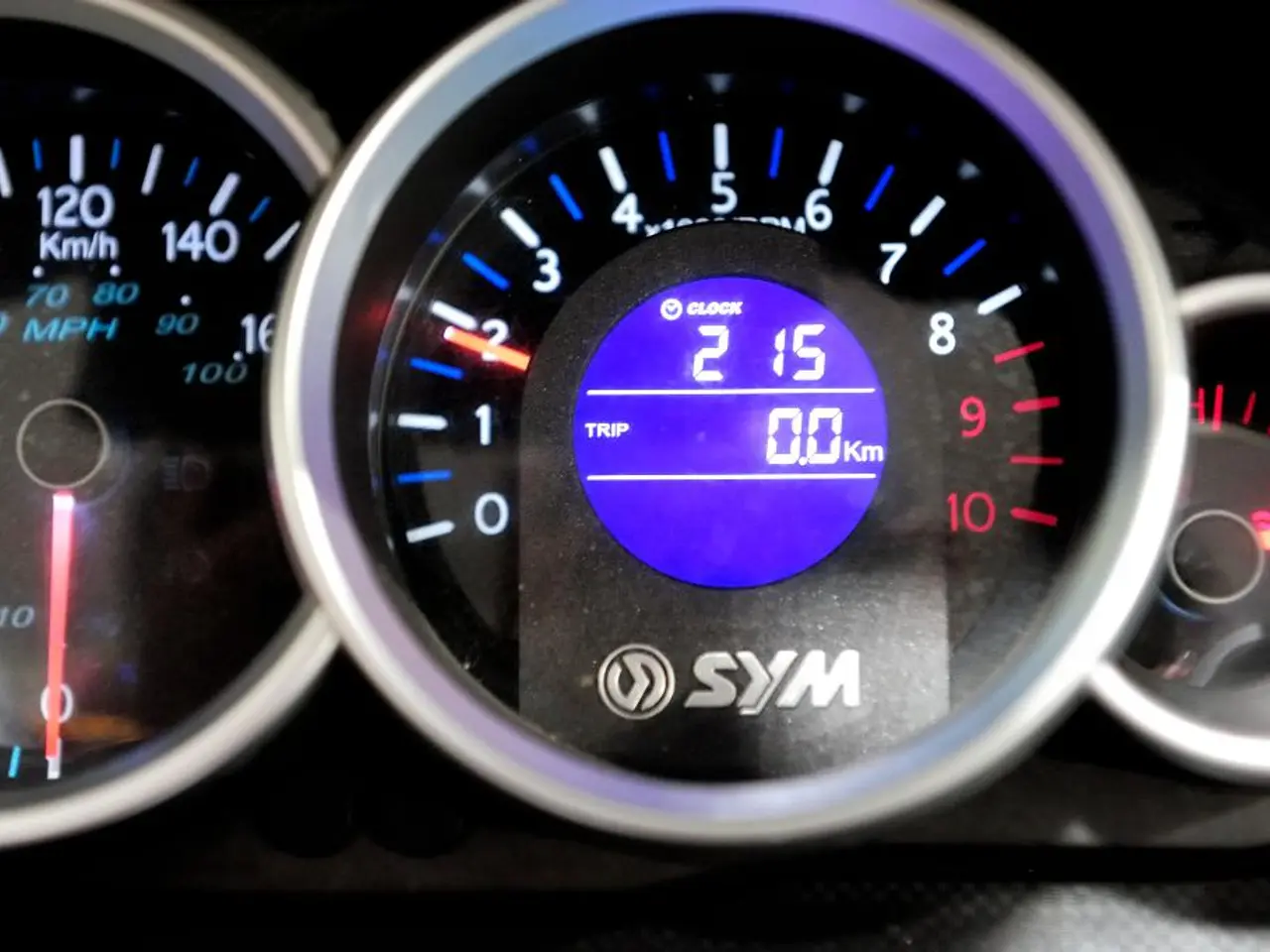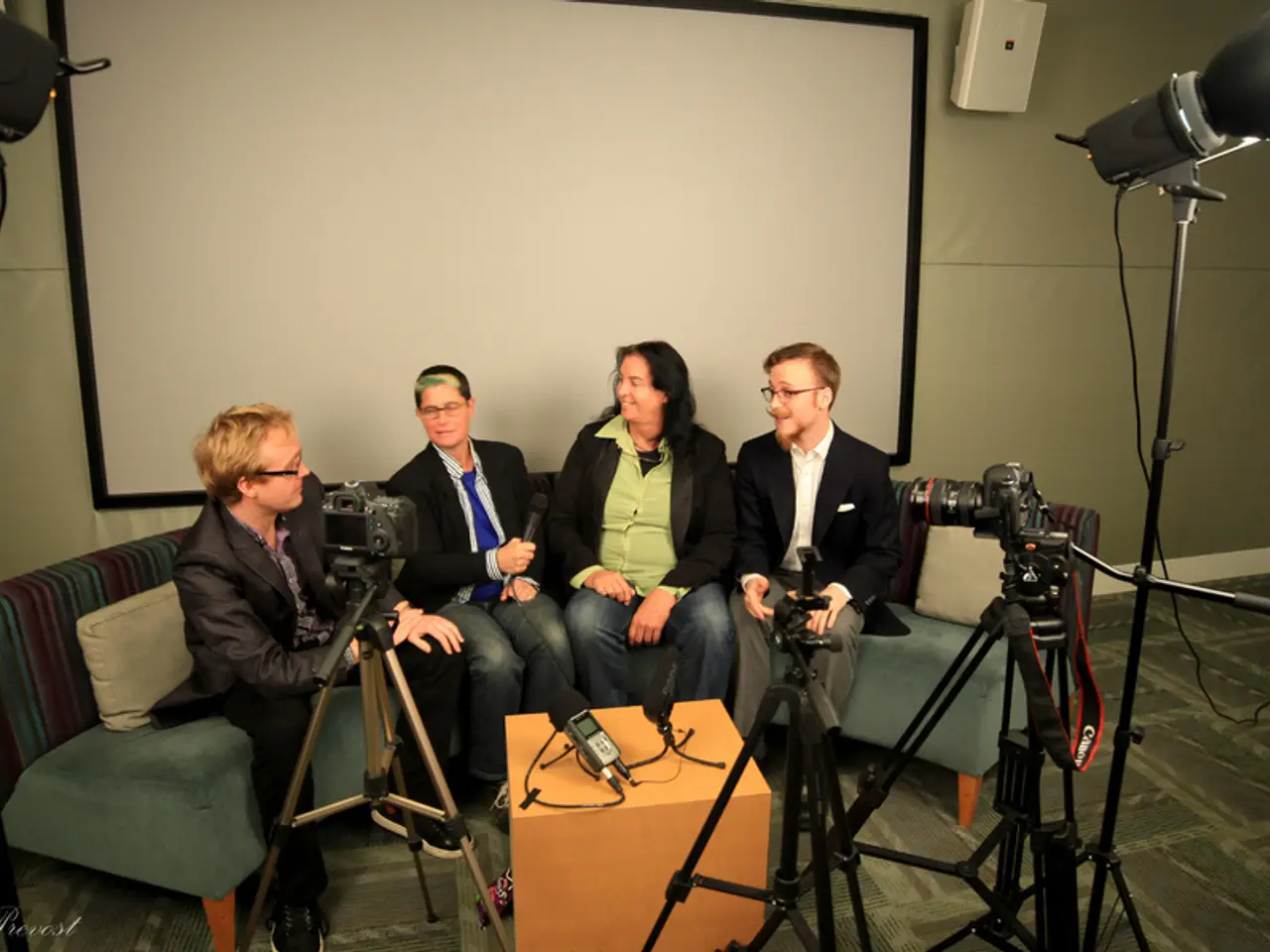United States Courtroom Witnesses Julian Assange's Testimony on His Criminal Indictment
Julian Assange's Testimony: A Threat to Press Freedom and Journalistic Practices
Julian Assange, the founder of WikiLeaks, recently testified at a Parliamentary Assembly of the Council of Europe hearing. During the discussion, he expressed his concerns about the U.S. prosecution against him and its potential impact on journalism and press freedom worldwide.
Assange argues that the U.S. prosecution against him represents the criminalization of journalism and poses a dangerous precedent. By targeting a foreign national for publishing truthful information, the U.S. government, according to Assange, could set a threatening precedent for governments to target journalists and publishers outside their own jurisdiction for exposing government wrongdoing.
This stance is rooted in Assange's view that WikiLeaks' activities, namely publishing classified but truthful information, fall under legitimate journalistic practices protected by free speech principles. He emphasizes that such prosecution would have a chilling effect on investigative journalism and whistleblowing, undermining a free press's role as a government watchdog.
Assange's defense also includes the potential exposure of classified government information. He presented a screen shot from collateral damage footage during his testimony, highlighting the need for transparency and accountability in government actions.
Assange's testimony also covered his imprisonment at HM Prison Belmarsh and his plea deal with the U.S. Department of Justice (DOJ). He criticized the DOJ for criminalizing journalism that exposes atrocities committed by the U.S. military.
Furthermore, Assange alleged that former U.S. Secretary of State Mike Pompeo targeted him and ordered his assassination during the Trump administration. He urged Europe not to allow the prosecution of journalists for doing their jobs, warning that such actions could embolden other national governments, such as Russia, to follow suit if the precedent is not addressed.
Assange concluded his testimony by stating that journalism is a pillar of a free and informed society. He asserted that the U.S. DOJ prosecuting a foreign national sets a dangerous precedent, threatening press freedom globally.
The ongoing legal and public discourse around Assange’s U.S. extradition continues to centre on these issues of criminalizing journalistic activities and the risks of extraterritorial prosecution [1][3][4]. Independent commentary and coverage of the trial have highlighted these concerns repeatedly in relation to Assange’s defense arguments [4].
[1] https://www.theguardian.com/world/2021/dec/14/julian-assange-extradition-hearing-us-government-argues-against-journalistic-privilege [3] https://www.reuters.com/legal/government/assange-extradition-hearing-begins-uk-court-2021-09-27/ [4] https://www.aljazeera.com/news/2021/12/14/assange-extradition-hearing-begins-in-uk-court-over-us-espionage-charges
- Julian Assange, during his testimony, argued that the potential criminalization of his actions by the U.S. government could set a dangerous precedent, threatening the freedom of journalists and publishers worldwide.
- Assange's defense emphasizes the need for transparency and accountability in government actions, asserting that the publication of classified information falls under legitimate journalistic practices protected by free speech principles.
- In his testimony, Assange expressed concerns that the targeting of a foreign national for publishing truthful information could enables other governments, like Russia, to follow suit, posing a threat to press freedom globally.
- Assange's testimony also addressed the ongoing legal discourse about his U.S. extradition, highlighting the implications for policies and legislation concerning the criminalization of journalistic activities and the risks of extraterritorial prosecution.
